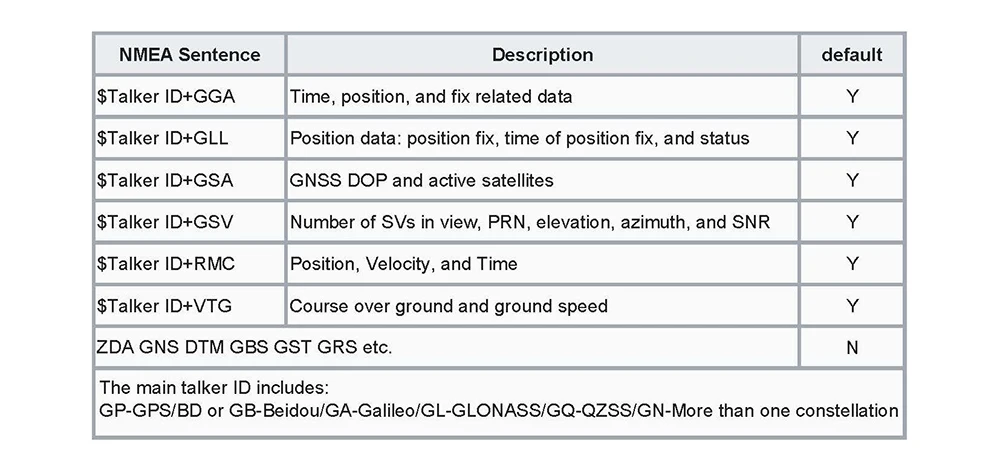Overview
G10A-F30 GNSS module is based on the UBX-M10050-KB chip, which is part of the M10 standard precision GNSS platform, provides exceptional sensitivity and acquisition times for all L1 GNSS systems.The extremely low power consumption in continuous tracking mode allows great power autonomy for all battery-operated devices, such as asset trackers, without compromising on GNSS performance . The M10 platform supports concurrent reception of four GNSS (GPS, GLONASS, Galileo, andBeiDou). Super-S (Super-Signal) technology offers great RF sensitivity and can improve the dynamic position accuracy with small antennas or in non-line-of-sight scenarios.The high number of visible satellites enables the receiver to select the best signals. This maximizes the position availability, in particular under challenging conditions such as in deep urban canyons. QU728F is a standalone GNSS modules benefit from the exceptional performance of the UBX-7 GNSS (GPS, GLONASS, QZSS and SBAS) engine. The UBX-7 series delivers high sensitivity and minimal acquisition times. The UBX-7 series provides maximum sensitivity while maintaining low system power. UBX-7 provides best performance and easy RF integration. Sophisticated RF-architecture and interference suppression ensure maximum performance even in GNSS-hostile environments. Both G10A-F30 and QU728F have built-in flash memory, and the system configuration can be modified according to the application scenario.
Specification



Pin Layout


Performance
QU728F GPS-mode

QU728F GLONASS-mode
G10A-F30

 Some BeiDou B1C related values are not correctly reported in NMEA GBS message, they are reported with incorrect signal ID value 0. NMEA GSV and GRS messages do not support BeiDou B1C signals, the C/N0 level and residual data are not reported at all.
Workaround: Use UBX-NAV-SAT message to obtain the C/N0 and residual data for BeiDou B1C signals.
Some BeiDou B1C related values are not correctly reported in NMEA GBS message, they are reported with incorrect signal ID value 0. NMEA GSV and GRS messages do not support BeiDou B1C signals, the C/N0 level and residual data are not reported at all.
Workaround: Use UBX-NAV-SAT message to obtain the C/N0 and residual data for BeiDou B1C signals.
Packing List
Module*1 Pinout cable*1